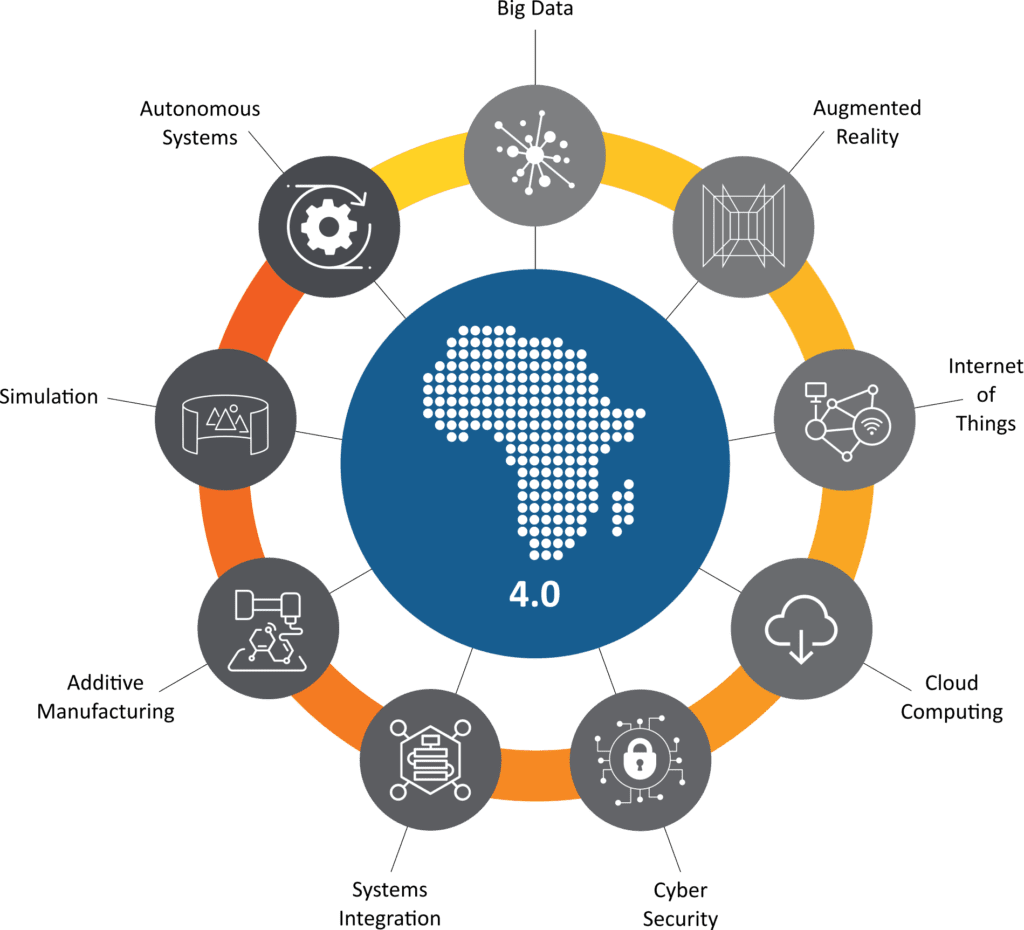A new front is opening in Africa’s long journey toward full sovereignty, and this time, the battlefield is digital. Across the continent, a bold and groundbreaking initiative is taking shape—one that promises to revolutionize Africa’s internet infrastructure and directly challenge the entrenched monopolies of Western tech giants like Google and Meta.
This movement is about more than just faster internet speeds; it is a core component of a broader political awakening and global realignment. It represents a fundamental push to reclaim not just digital independence, but also economic and military sovereignty from centuries of external dominion.
The Digital Uprising: Reclaiming the Network
At the heart of this revolution is the understanding that data is the new oil, and control over its flow is control over the future. For too long, Africa’s digital economy has been shaped by infrastructures and platforms designed and controlled elsewhere, often extracting value and data without equitable return.
Now, a wave of homegrown technologies and visionary leadership is changing the game. From ambitious projects to build continent-wide data networks and data localization policies to the explosive growth of African fintech solutions that bypass traditional Western banking systems, the blueprint for a self-reliant digital Africa is being drawn.
This “digital decolonization” movement seeks to ensure that the immense value created by Africa’s youthful, tech-savvy population—the fastest-growing demographic of internet users globally—benefits African economies first and foremost.
The Leaders of the New Front
This technological shift is inextricably linked to a new generation of African leaders who are explicitly prioritizing sovereignty and self-determination. Figures like Burkina Faso’s Captain Ibrahim Traoré have become symbols of this defiance, openly rejecting foreign intervention and advocating for partnerships built on mutual respect rather than extraction.
Under Traoré’s leadership, Burkina Faso, alongside nations like Mali and Niger, has taken decisive steps to break from neocolonial structures, including the regional bloc ECOWAS, which is perceived by many as being influenced by foreign powers. This political realignment towards alliances with BRICS nations, Russia, and China is not just about military or diplomatic ties; it includes critical technological and economic partnerships that offer alternatives to the Western-dominated order.
More Than a Channel, A Movement
This is the essence of the “Africa Strikes Back” movement. It is a weekly deep-dive into the hidden power shifts shaping the modern continent. We go beyond the one-sided narratives often perpetuated by mainstream media to provide a platform where Africa speaks for itself.
Our coverage includes:
· Africa’s Tech Uprising: Tracking the latest in AI, internet infrastructure, and fintech innovations that are homegrown and transformative.
· Exposing Economic Warfare: Analyzing the mechanisms of Western manipulation and the economic strategies being employed to maintain control, and how African nations are countering them.
· Geopolitical Realignment: Investigating the strategic alliances with Russia, China, and within the BRICS framework, and what they mean for Africa’s future on the world stage.
· Revolutionary Leadership: Profiling the impact of leaders like Ibrahim Traoré and the powerful wave of pan-Africanism they inspire.
· The Digital Decolonization Movement: chronicling the fight for control over data, digital identity, and online ecosystems.
Africa is not waiting for permission or for outsiders to dictate its destiny. The continent is actively building, negotiating, and fighting for its rightful place in the world. The digital revolution is just one arena where this is happening, but it may prove to be the most decisive. This is more than a news cycle; it is the story of a continent striking back and reclaiming its future.

Leave a Reply